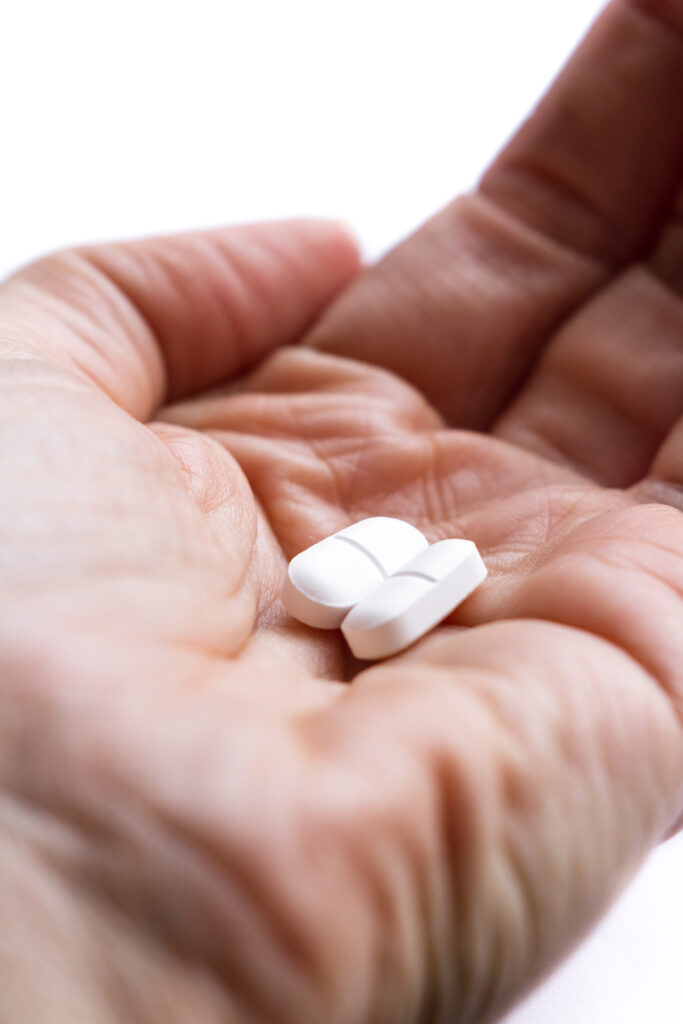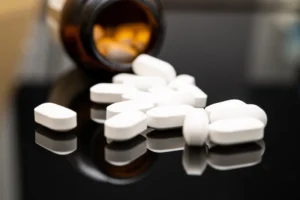If you or a loved one has been using opioids for a few weeks or more, you will experience opioid withdrawal whenever you stop or cut back on the drug. Withdrawal symptoms are tough to get through, and they can be dangerous if not monitored by medical professionals.
It is important to know the symptoms of opioid withdrawal so you can monitor your health and get the help you need during the process. In this article, we will inform our readers about the symptoms of opioid withdrawal and give you some tips for withdrawing safely.
What Are The Symptoms of Opioid Withdrawal?
The prolonged use of opioids or opiates changes the way your nerve receptors work. As such, your brain becomes dependent on the drug. By taking the drug away, your body will have a physical reaction that is severely uncomfortable and dangerous. This physical reaction is opioid withdrawal.
What symptoms are associated with opioid withdrawal? Symptoms associated with opioid withdrawal change based on the level of addiction and time since the last use. Most often, the symptoms of opioid withdrawal began about 24 hours after the last use. Early symptoms of opioid withdrawal include:
- Anxiety
- Excessive sweating
- Eyes tearing up
- Inability to sleep
- Muscle aches
- Restlessness
- Runny nose
- Yarning
As time progresses after the last use, these early symptoms will continue and progressively get worse. Additionally, you will begin to experience new symptoms, such as:
- Cramping
- Diarrhea
- Dilated pupils
- Goosebumps
- High blood pressure
- Nausea and vomiting
- Rapid heart rate
These more serious symptoms often begin about 48 hours after the last use and peek around the 72-hour mark. After the symptoms peak, the symptoms will begin to subside. Withdrawal symptoms for opioids typically last 7 to 10 days, though some may last weeks and even months.
Never Detox Alone
It is imperative that you should never detox alone. Even though it is possible to get through opioid detox on your own, the process is very difficult and dangerous. In fact, very few individuals get through detox on their own because of how difficult the process is.
Something else to keep in mind is that you might do more harm than good when trying to detox on your own. Certain opioids and drugs have long-lasting effects, especially when the detox is not done correctly. The chances of your opioid detox not going over smoothly are multiplied whenever you are also detoxing from other substances, such as other drugs or alcohol.
To ensure that the detox goes over safely and comfortably, contact a rehab facility with inpatient medical detox. Inpatient medical detox allows the person to detox safely while being monitored by doctors and nurses. These medical professionals will help the detox process to not only be comfortable but safe.
Because medical detox is more comfortable than detoxing alone, it often is more successful. You don’t have to fight the symptoms alone. Plus, you will already have the help you need whenever you begin the recovery process after the medical detox. Medical detox is superior to detoxing alone from every front.
Detox Safely with the Help of Ava Recovery
What are the symptoms of opioid withdrawal? As we learned above, the symptoms change from person to person, and they change depending on how long ago your last use was. It’s important to always undergo medical detox to ensure your opioid withdrawal is completed safely and comfortably. Ava Recovery offers medical detox. With the help of our staff, you will be able to detox safely and comfortably in our Houston rehab facility. Give us a call today to set up an appointment and learn more about our inpatient detox and treatment options.







